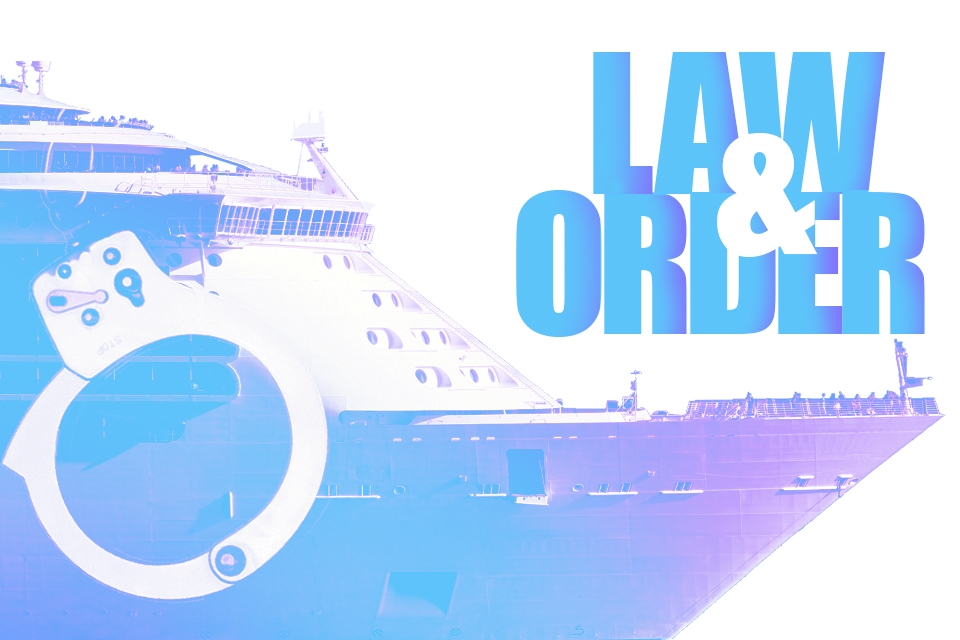 One would imagine that out there on the high seas, everything is pretty straight laced. But often it is not so. A lot of ambiguity exists with relation to law and order on cruise ships, particularly when the victim insists the court or law enforcement authorities get involved.
One would imagine that out there on the high seas, everything is pretty straight laced. But often it is not so. A lot of ambiguity exists with relation to law and order on cruise ships, particularly when the victim insists the court or law enforcement authorities get involved.
Still, based on the thousands who go cruising each year, the amount of crime appears to be relatively low. From 1990 to 2017, it has been reported that just six murders occurred on cruise ships, although there were occasional cases of rape or sexual assault as well.
With respect to cruise ship crew, the captain’s word is the law on board. This potentially means that any misbehaviour can result in termination of contract, however slight, if the captain feels fit. While most captains are reasonable and look at both sides of the picture, it remains that cruise ship companies would likely prefer that issues are settled without any negative press.
Depending on the contract, cruise ship jobs may offer accident insurance coverage that pertains to any issues suffered while on the job. It is important to know the extent of these offers as an accident on account of the cruise ship can be claimed and the crew member can even file a lawsuit against the company.
Cruise ship crew are forbidden from interacting in a personal capacity with passengers. This means that physical or sexual relations are completely out of bounds, and guests are prohibited from entering crew areas. These laws help protect guests from misbehaving crew and conversely cruise ship crew from false allegations of sexual misconduct by guests.
Typically, the laws governing cruise ships are based on the penal codes of the flags they fly. This often puts cruise ship companies at an advantage over guests and crew as many fly flags of convenience – registered in countries with more lenient laws such as Liberia, Panama, the Marshall Islands, Malta and even Hong Kong.
Law and order on cruise ships is still the subject of international discussion. It has been suggested that cruise ship companies are not required to report crime statistics to any international governing body, and jurisdiction – i.e who investigates the crime – is anybody’s guess. Generally, governing laws follow these jurisdictions:
- In port and national territorial waters (up to 12 nautical miles): The laws of the country the port belongs to
- Contiguous waters (12 to 24 nautical miles): The country has restricted rights in this zone so its laws may not apply to petty crime such as theft
- International waters (more than 24 nautical miles): The country of the flag the cruise ship flies
Lawsuits can be heard based on cruise ship rules when booking a ticket or signing a contract. It’s all in the fine print which is why it is important to thoroughly read a contract before agreeing to join a cruise ship company.
Still, many law firms have noticed a gap in this market and offer their services to both passengers and guests who would like to take up an issue against a cruise ship company. They represent clients in cases of accidents, assault and illnesses, with some even providing free claim assessments consultation.